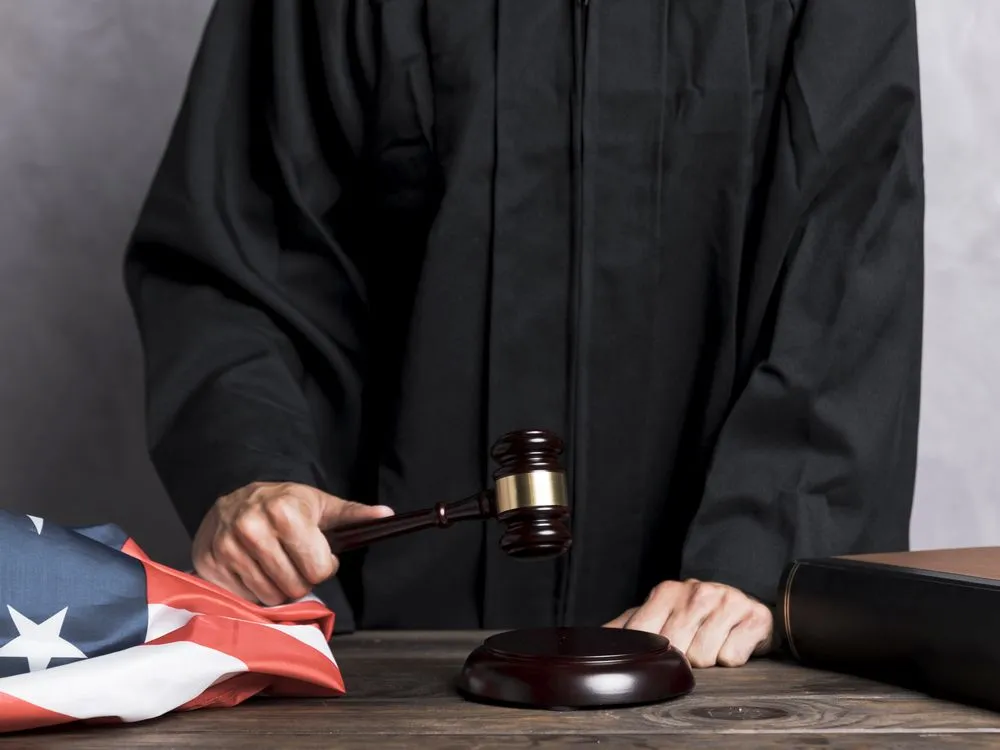In Florida criminal matters, the prosecution bears the burden of proving the defendant’s guilt. While the prosecution can use circumstantial and direct evidence to establish that a defendant committed a crime, it cannot rely on facts not in evidence, as explained by a Florida court in a recent case in which the defendant appealed his conviction for being a convicted felon in possession of a firearm. If you are accused of a gun offense, it is smart to speak to a Tampa weapons crime defense attorney about your options for protecting your rights.
Factual and Procedural History of the Case
It is reported that the State charged the defendant with being a convicted felon in possession of a firearm. During the trial, the State presented testimony from a police officer that came in contact with the defendant during an investigation. The officer stated that the defendant told him he had a gun in his possession.
It is alleged that a second officer testified, corroborating the first officer’s report. The defendant testified and denied making the aforementioned statements or possessing a gun. During the State’s closing argument, the prosecutor told the jury the defendant was not reliable and implied that the second testifying officer was credible because he had not been convicted of a felony. Defense counsel objected, but the court overruled the objection. The jury convicted the defendant, and he appealed. Continue Reading ›
 Tampa Criminal Lawyer Blog
Tampa Criminal Lawyer Blog



















